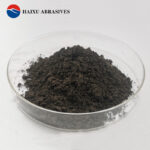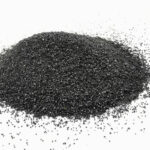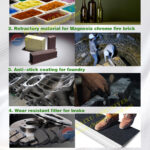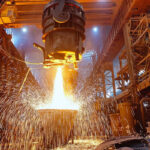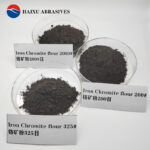Chrome ore powder is one of the indispensable raw materials in industrial fields such as refractory materials, casting, glass manufacturing, and ceramic glazes. Chromium ore powder comes from natural chromite ore. Chromium ore with a chromium content of less than 40% can only be used in the metallurgical field for the smelting of ferrochrome metal. Only chromium ore with a chromium content of more than 40% is meaningful for deep processing. Raw materials with a chromium content of 40-42% in South Africa, 46-47% in Zimbabwe, and 48-50% in Zimbabwe are selected. The production process including ore selection, washing, drying, screening, and fine milling.
